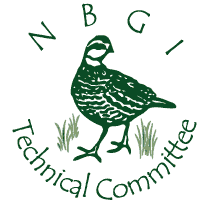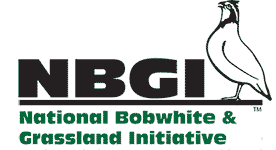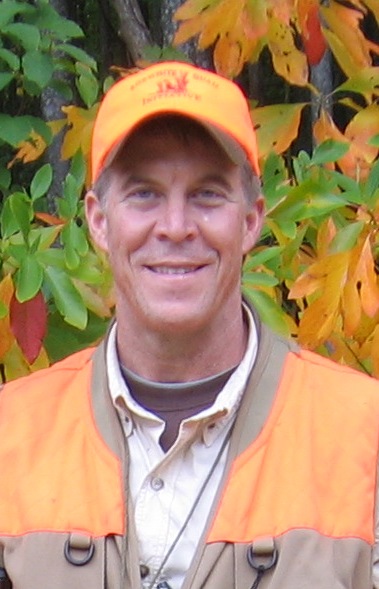Joseph Roswell Evans, co-founder of Quail Unlimited, died December 9, 2016 at 66 years old in Augusta, Georgia. Much better known as “Rocky,” he and Jerry Allen launched the nation’s first national quail conservation organization in 1981 in Edgefield, South Carolina. Rocky served as its executive vice president, face and fervent voice for 28 years until his retirement in 2009.
Prior to 1981, Oklahoma State University had convened two periodic quail research symposia to share and publicize scientific findings. But QU was the first national force for quail conservation that brought the plight of declining bobwhites and other quail to the attention of tens of thousands of hunters, biologists and agencies across the country. QU also was the first to undertake the task of trying to do something about quail declines at a large scale by raising sportsmen’s dollars to hire a national network of professional biologists who worked with local chapters, state and federal agencies, and researchers. Those biologists collectively became one of QU’s most valuable and enduring contributions. The annual QU conventions provided a forum for hundreds of sportsmen and chapter leaders at local and state levels to interact with agency biologists, quail researchers, outdoor writers and others.
The rest of the bobwhite conservation world caught up in 1995 with the formation of the Southeast Quail Study Group and completion of the National Bobwhite Conservation Initiative in 2002. Those developments added state wildlife agency authority, a stronger technical foundation, long-range bobwhite conservation vision, and large-scale strategy to bolster the grassroots work begun by QU. This strategic organization enabled mutual support and collaboration among QU and its sportsmen, state wildlife agencies, quail researchers, and other conservationists at a national scale.
That opportunity for mutual support culminated at a pivotal moment in 2006, when Rocky and QU stepped up to pledge critical three-year financial support for the NBCI. “Quail Unlimited is proud to be a partner … in meeting the financial demands necessary to help ensure the long-term success and viability of the NBCI. Our whole organization including our staff, chapters and members strongly endorse and support the NBCI goals,” Rocky said at the time. That timely contribution by QU solved a crucial funding problem and enabled the NBCI to blossom, to better serve the nation’s entire bobwhite community in the long run. Unfortunately, the QU national organization did not fare as well, peaking too soon under the weight of a complex web of leadership and management challenges. Three years later, Rocky retired amid controversial circumstances and imminent bankruptcy of the organization.
Upon reflection benefitting from the passage of time, it becomes clearer that Rocky’s aspiration for a broad, cohesive movement for quail conservation was 20 years ahead of its time. When the states and the rest of the quail conservation world began standing up, QU was already trapped in a declining trajectory, unable to capitalize on the new national attention and synergy. The state of bobwhite conservation might now be brighter if the timing of the two trajectories has been better aligned. But a piece of Rocky Evans’ bobwhite conservation legacy lives on in the NBCI, as the next generation endeavors to build on what he and QU set in motion.




